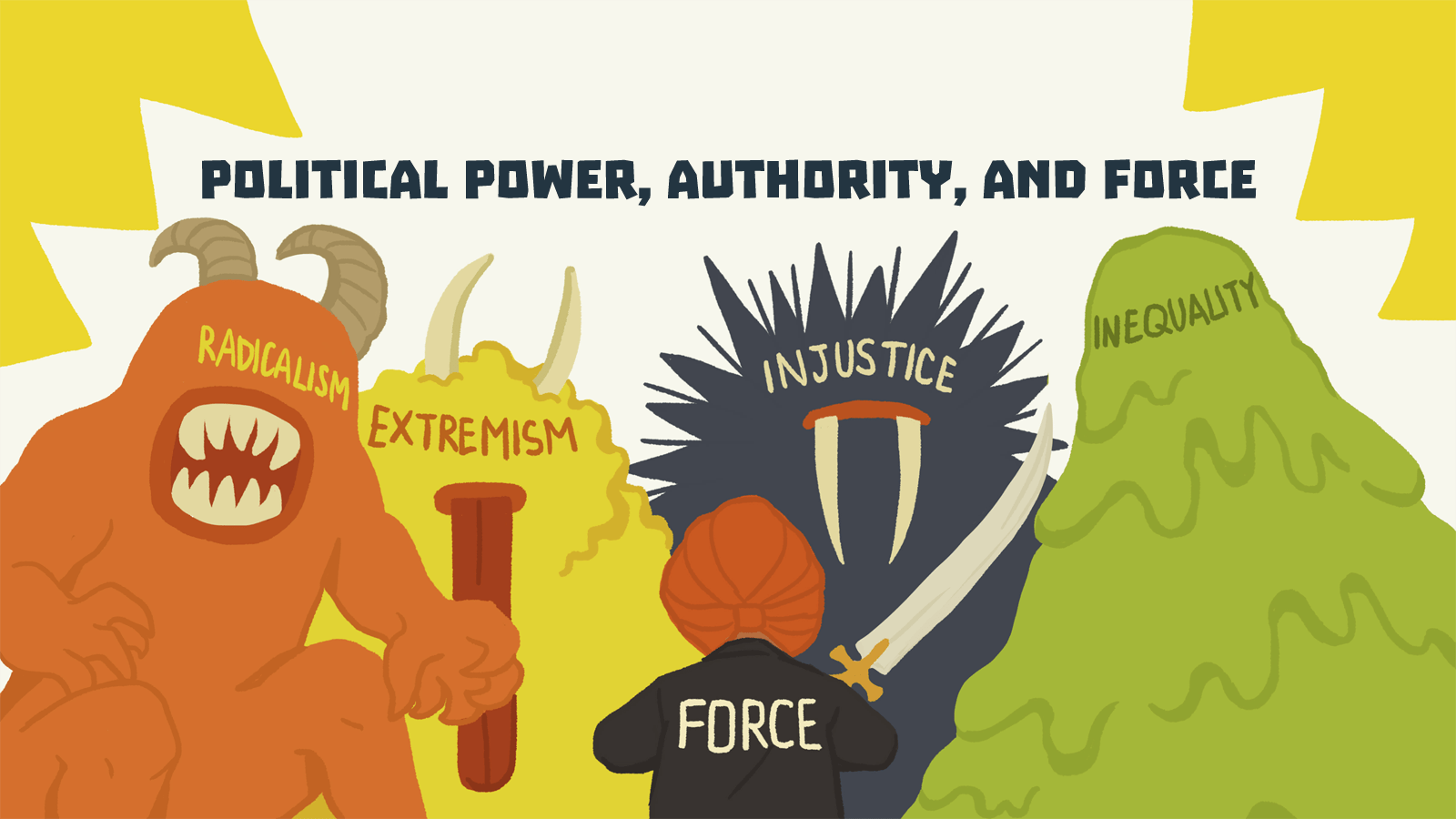The Impact Of Political Decisions
The interplay of political power and governance has always been a subject of scrutiny, particularly when it comes to the influence of external entities on a nation's sovereignty. In historical contexts, the act of granting political power to foreign officials has often led to significant changes in the political landscape. This article delves into the implications of giving political power to English officials, exploring how such decisions can both empower and undermine local governance. By examining the nuances of political authority and its ramifications, we can better understand the delicate balance of power that exists in political systems worldwide.
The complexities of political power dynamics also raise important questions about the motivations behind such decisions. Why would a leader choose to give away authority to officials from another country? What are the potential consequences of such actions on national integrity and governance? In answering these questions, we can uncover the underlying motivations, whether they stem from a desire for stability, economic gain, or external pressure. Ultimately, the ramifications of these choices—both positive and negative—are critical for shaping the future of a nation.
As we explore the phrase "it by giving political power to English officials. b. he weakened it by," we will dissect the layers of meaning behind this statement. What does it reveal about the relationship between local and foreign powers? How does it reflect the historical context in which these decisions were made? By analyzing specific case studies, we aim to provide a comprehensive overview of the complexities involved in transferring political authority and the subsequent effects on governance.
What is the Historical Context of Granting Power to English Officials?
Throughout history, various leaders have opted to grant political power to English officials, often as a means to maintain control or foster alliances. This practice can be traced back to colonial times when many regions sought assistance from English governance structures to stabilize their own political systems.
How Did This Practice Emerge?
The emergence of giving political power to English officials can be linked to several key factors:
- Colonial Expansion: As the British Empire expanded, many territories found themselves under English rule, necessitating a transfer of political authority.
- Desire for Stability: Local leaders sometimes believed that English officials could provide the stability they were unable to achieve independently.
- Economic Interests: Collaborating with English officials often promised economic benefits, such as trade agreements and investment opportunities.
What Were the Immediate Effects of This Practice?
The immediate effects of granting political power to English officials were multifaceted. While some regions experienced temporary stability and growth, others faced significant backlash, leading to increased tensions and resistance movements against foreign rule.
How Did He Weaken It by Transferring Authority?
Giving political power to English officials often led to a weakening of local governance structures. This phenomenon can be attributed to several underlying factors:
What Are the Consequences of Weakened Local Governance?
When local leaders ceded authority to English officials, the consequences were often dire, including:
- Loss of Sovereignty: Local leaders found their power diminished, leading to a lack of control over their own political destiny.
- Diminished Public Trust: The population often viewed foreign officials with skepticism, leading to a decline in public trust in governance.
- Cultural Erosion: The influence of English governance sometimes resulted in the erosion of local customs and traditions.
Can We Identify Specific Examples?
Several historical examples illustrate the impact of granting power to English officials and the subsequent weakening of local governance:
- The British Raj in India, where local rulers were sidelined in favor of British officials.
- The establishment of protectorates in Africa, leading to the undermining of indigenous political structures.
- The role of English officials in the Caribbean islands, often prioritizing colonial interests over local needs.
What Lessons Can Be Learned from This Historical Practice?
The history of granting political power to English officials reveals valuable lessons for contemporary governance. Understanding the balance of power, sovereignty, and the potential pitfalls of foreign influence is crucial for modern leaders.
How Can Nations Safeguard Their Sovereignty?
To protect their sovereignty, nations can implement several strategies, such as:
- Promoting Local Leadership: Empowering local leaders to take charge of governance can help preserve national integrity.
- Encouraging National Dialogue: Engaging citizens in discussions about governance can foster trust and transparency.
- Establishing Strong Institutions: Developing robust political institutions can mitigate the risks associated with foreign influence.
What Role Does Education Play in This Context?
Education plays a pivotal role in fostering an informed citizenry capable of critically assessing the implications of political decisions. By promoting awareness of historical contexts and the potential consequences of granting power to foreign officials, nations can empower their citizens to advocate for their sovereignty.
Conclusion: The Complex Legacy of Political Power Transfers
In conclusion, the act of granting political power to English officials serves as a critical case study in the broader narrative of power dynamics and governance. While such decisions may have been intended to strengthen local systems, they often resulted in weakened authority and diminished sovereignty. By reflecting on these historical lessons, contemporary leaders can make informed choices that safeguard their nations' futures while navigating the complexities of global politics.



ncG1vNJzZmixn6PAtr7IZqWeq6RjsLC5jq2pnqaUnruogY6iq2aaqWK0qsLIp55mqJ%2BhtrW1wpqjZqifrLKzedOoZJ6ml6G2tLSMqJ2foZOerq2%2FjJtkoZ1drLKit8SnnJ1lmal6o8WNoaumpA%3D%3D